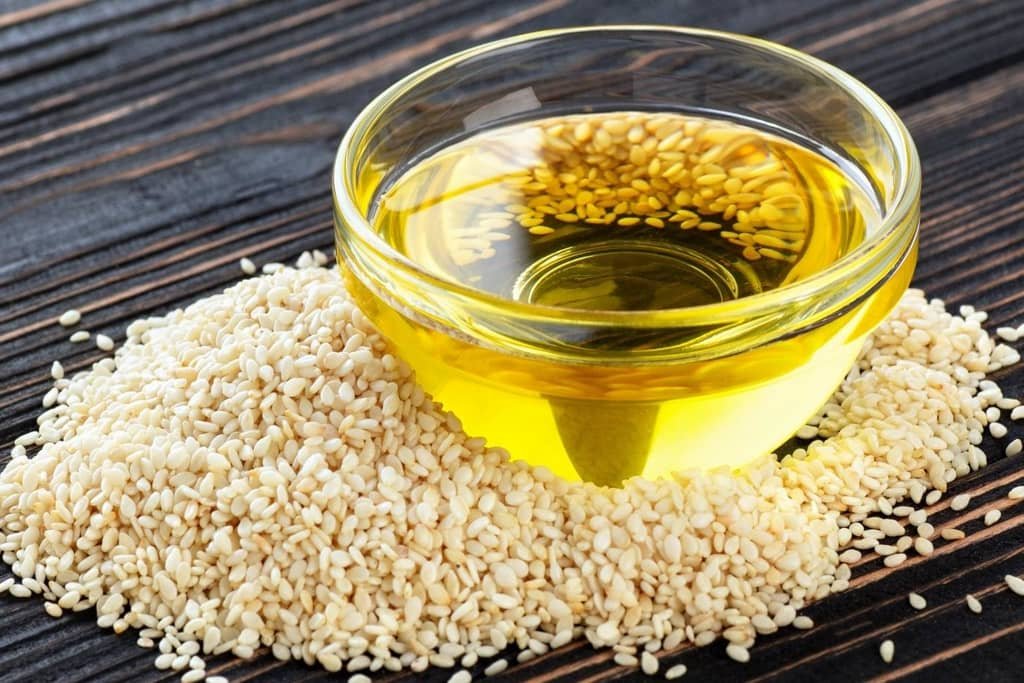Sesame is a crop grown for its oil. It can be found in subtropical and tropical areas of Asia, Africa and South America.
Sesame seeds are thought to be more oil-rich than similar crops like soybeans, peanuts, and rapeseed. Sesame seeds also contain high amounts of vitamins and antioxidants.
Sesame oil is used to treat high blood pressure. Sesame oil is sometimes used to treat diabetes and high cholesterol. Heart disease is another condition that is often treated with sesame.
However, there is not enough scientific evidence to support this. Sesame is a major food allergen. Sesame oil can be used in cooking and as a base for sauces and dressings.
For flavouring, sesame seeds can be added to food. Sesame may cause an allergic reaction in some people.
Exporters of Sesame Seeds took the initiative to make people aware of Sesame Seeds Side Effects. In this article, you will learn why you need to consume sesame seeds in a limited amount. You can send feedback for this post to sesame seeds exporters at the end.
Sesame Seeds are a popular superfood known for their health benefits and are used for garnishing and as an ingredient in the recipes.
Sesame Seeds are powerful and extremely nutritious; thus, people don’t mind consuming them to avail multiple vitamins, minerals, organic compounds and natural oils.
Side Effects of Sesame Seeds Oil
Sesame has calcium, magnesium, copper, iron, manganese, phosphorous, fibre, thiamine, vitamin B6, zinc, protein, tryptophan, and folate.
Sesame can be taken by mouth. When eaten in the same amounts as food, it is LIKELY SURE. Sesame is POSSIBLY SURE when taken by mouth as a short-term medicine. Some people might experience allergic reactions to sesame.
Sesame can be applied to the skin. Some people might experience allergic reactions to sesame.
When sprayed in the nose. Sesame oil is SAFE when used for a short-term nasal spray. Nasal dripping or blockage can be caused by using sesame oil as a nasal spray.
What Happen When You Eat Sesame Seeds In No Limit?
As we know, excess of everything is poisonous and the same as sesame seeds.
Even if the roots are known for their properties for regulating blood pressure, managing diabetes, preventing cancer, maintaining calcium and bones, oral health, or digestion, you should consume them in a certain amount only.
#1. Allergic Reaction
Too much of sesame seeds consumption may cause an allergic reaction in some people. Allergy can be caused by eating raw sesame seeds by including them in the recipes or the oil that is extracted from sesame seeds.
There are chances of developing distinct types of allergies, including asthma.
#2. Appendix Infection
This is one of the most common infections, and people sometimes suffer from appendix infections when they consume an excess of sesame seeds.
#3. Anaphylaxis
It is an extreme case of allergy caused by overeating sesame seeds. In Anaphylaxis, the whole body gets affected by a rapid and intense allergic reaction.
The symptoms of this allergic reaction are hypotension, chest tightness, wheezing, etc. It can block the throat and airway of the person having this allergy. This is a life-threatening condition.
#4. Colon Cancer
Consuming sesame seeds in excess amounts can harm your colon. The research found that eating more than 15ng (nanogram) of sesame seeds a day can inflame your colon and result in colon cancer. Do You Know Black Cumin Seed Oil Benefits For Cancer Treatment?
#5. Major Side Effects of Sesame Seeds
- Miscarriage
- Hair loss
- Breast cancer
- Unhealthy body weight
This is why Sesame Seeds Exporters advise their consumers to take sesame seeds at a limit to prevent these side effects.
You can browse online if you need more information on sesame seed’s benefits and limitations.
- 5 Ways To Grow Turmeric Plants at Home
- Black Cumin Seeds Oil Benefits
- Dark Chocolate Benefits To Lowers Cholesterol
- Top 5 Unusual Uses of Baby Oil
- Role of Bay Leaf and Ground Cumin in Every Kitchen
For More Health NEWS Updates and Information about Side Effects of Sesame Seeds Oil, Visit EBuzz Spider. Follow us on Facebook and Google NEWS.




















